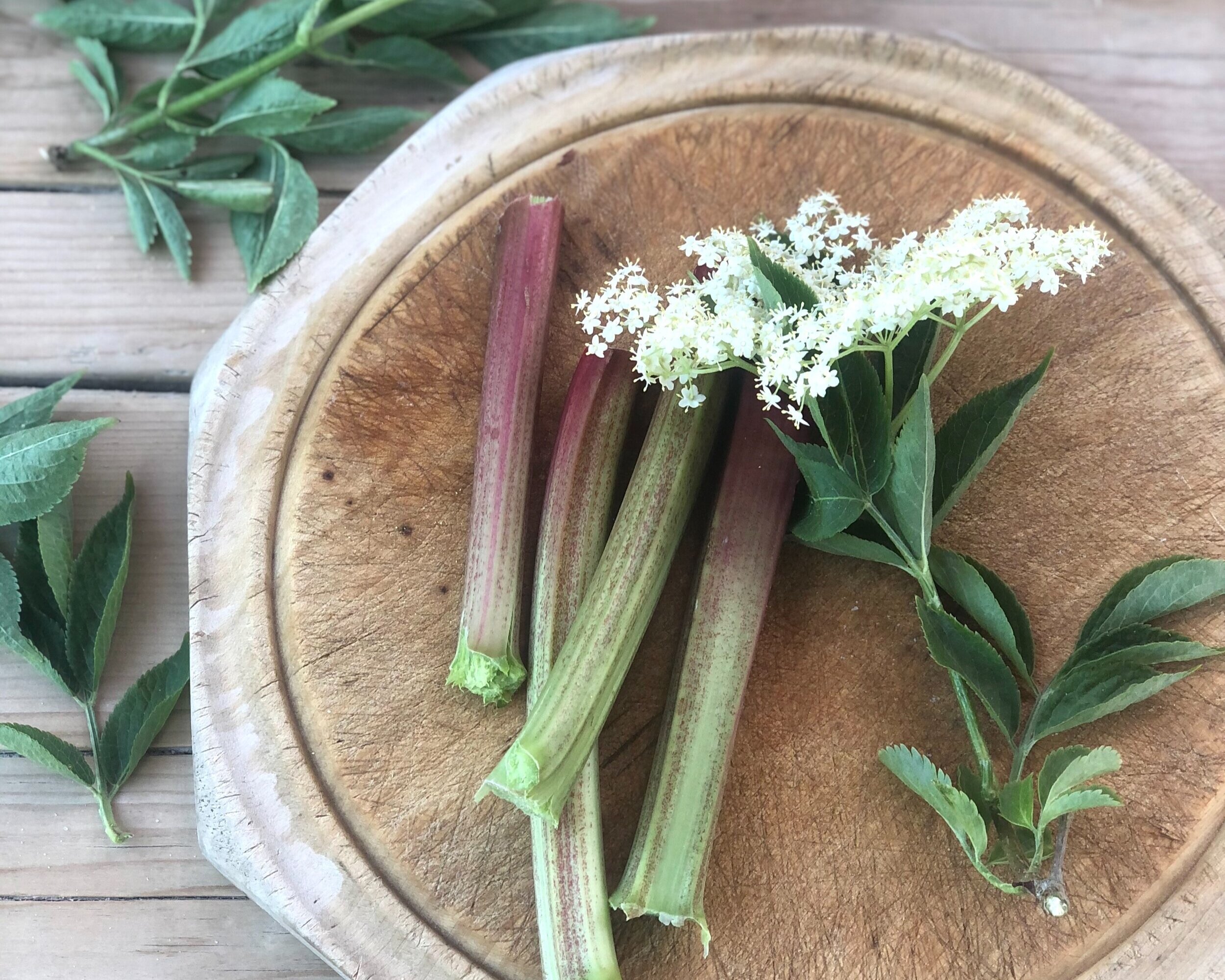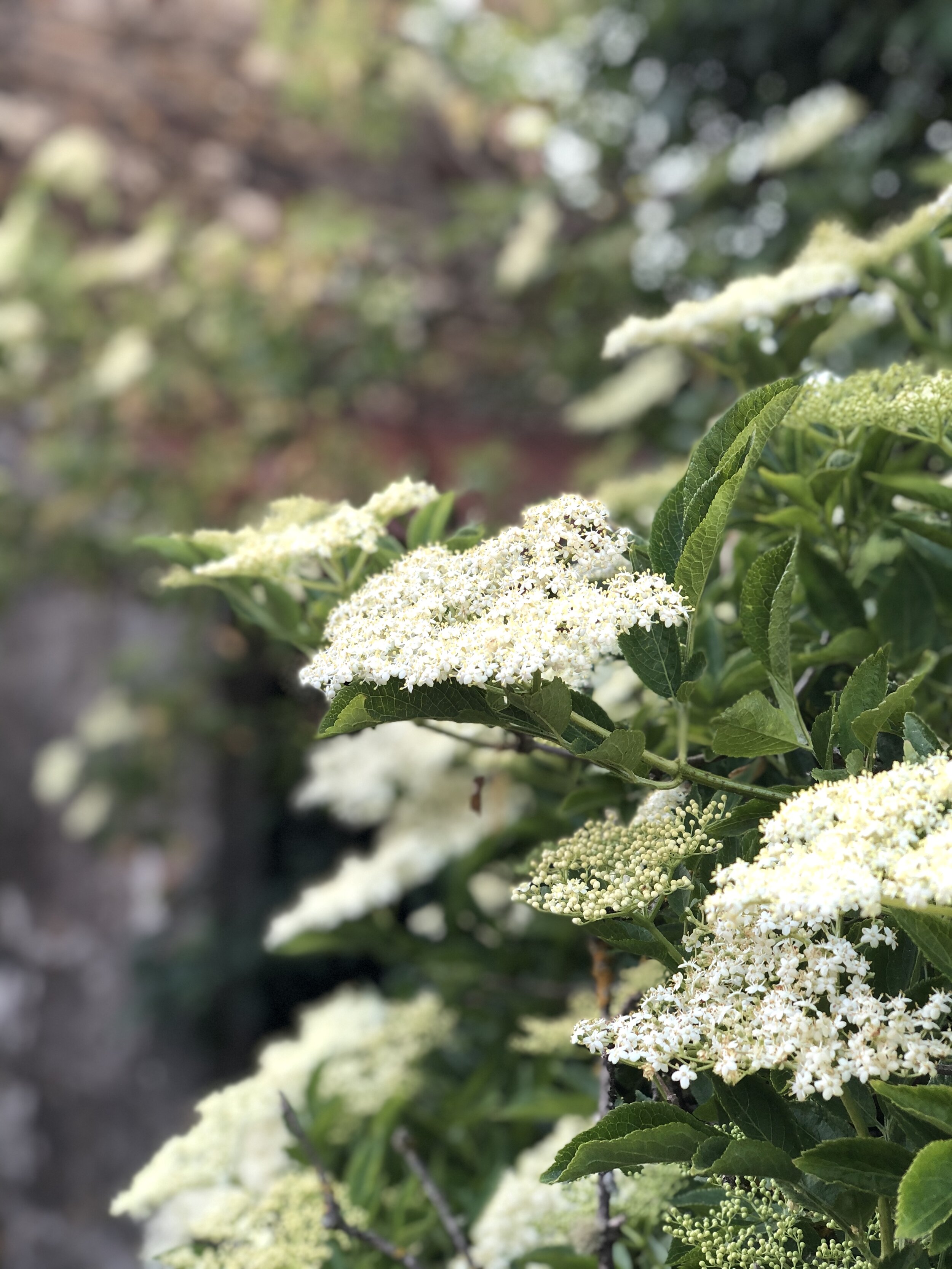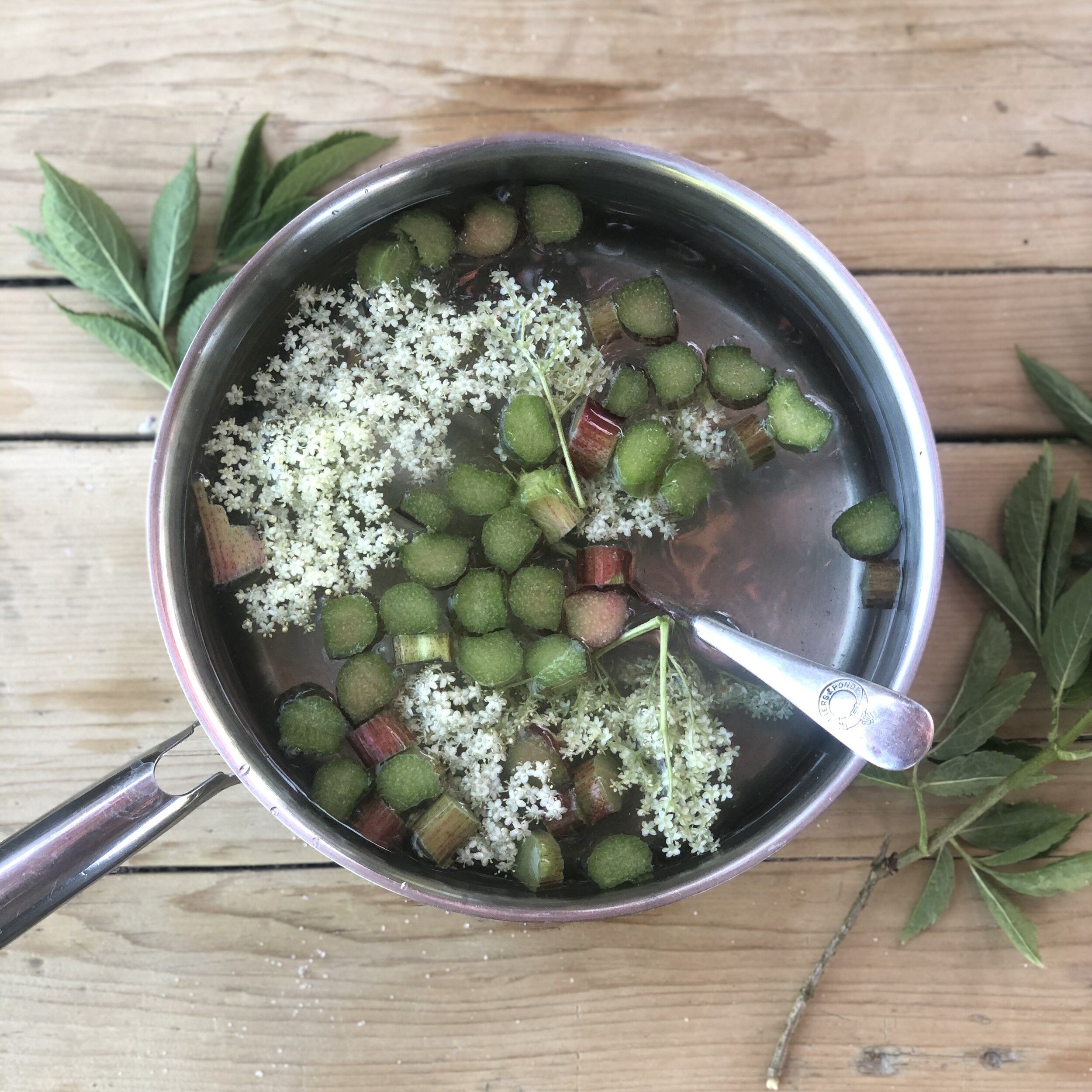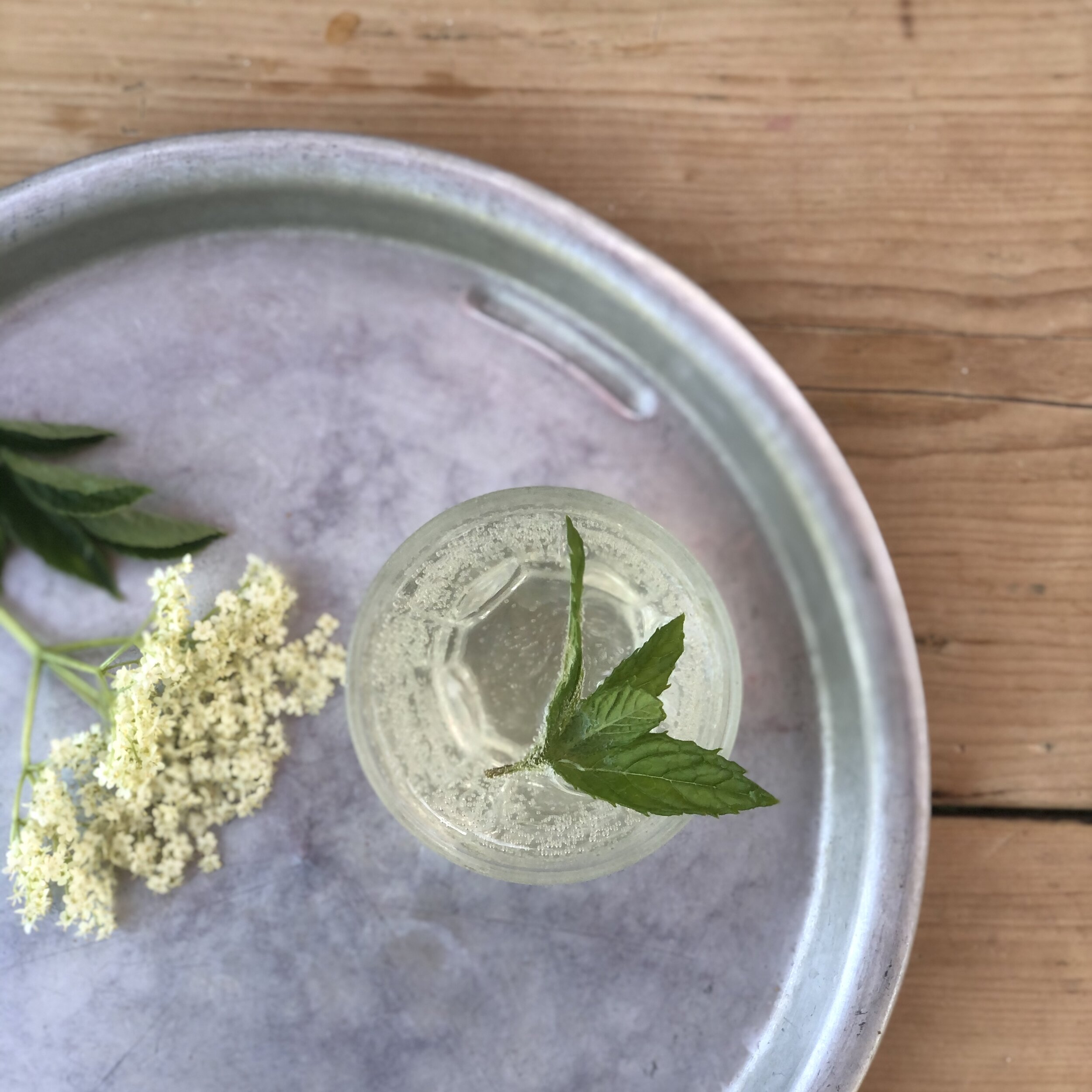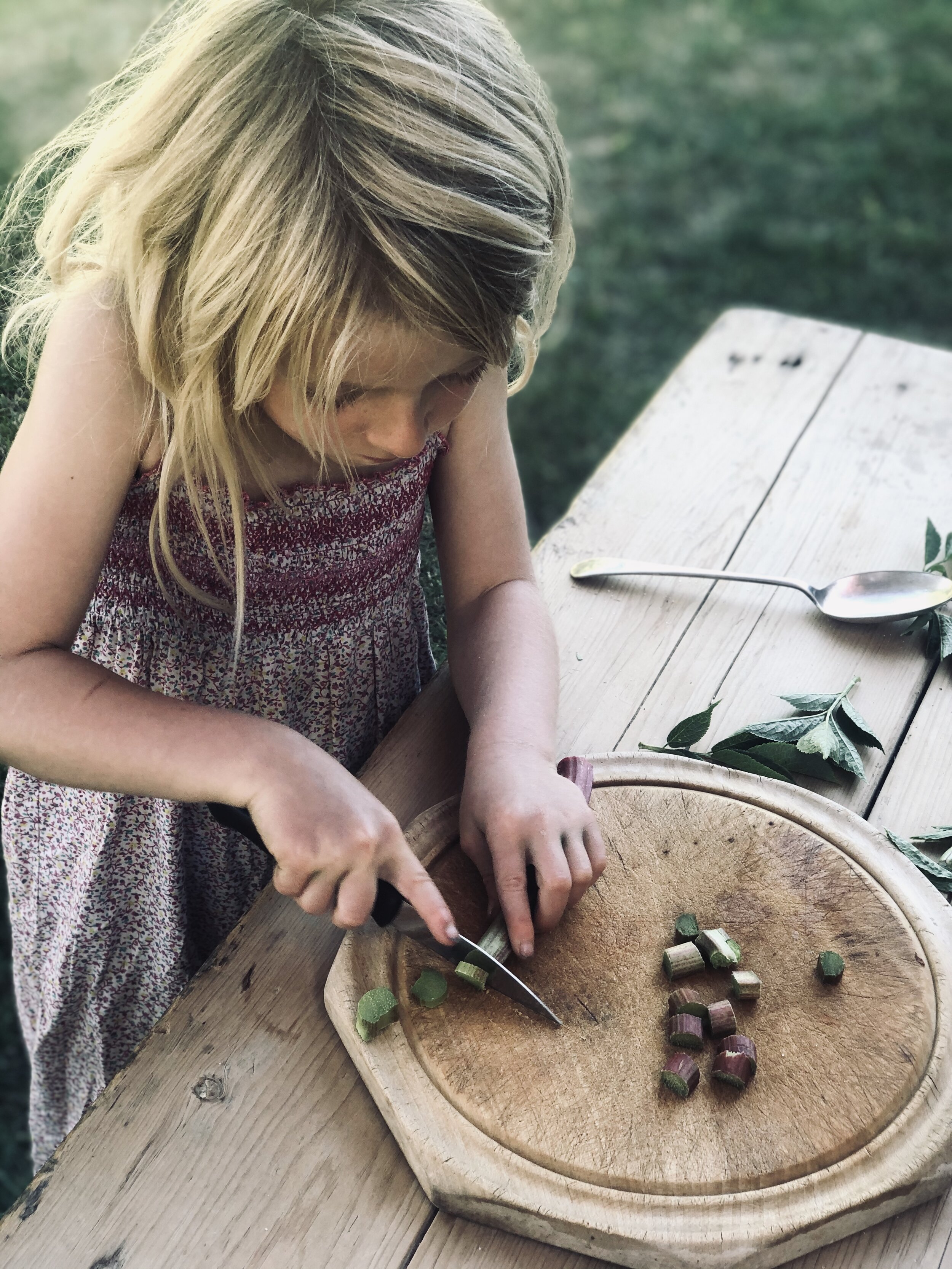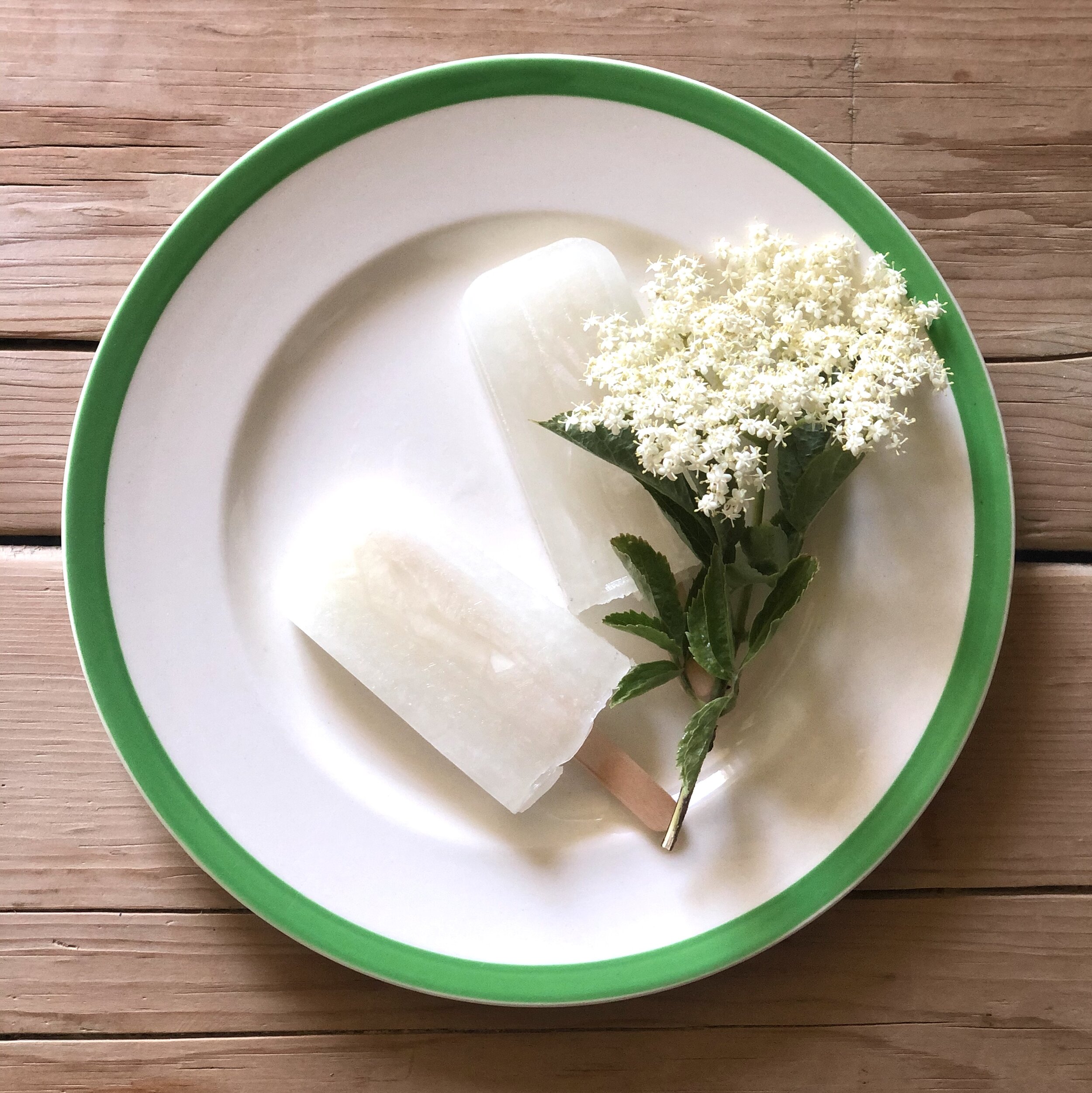Dom and wife Sophie moved to Cornwall seven years ago, and we are extremely lucky that they chose our local town Lostwithiel to land in as their family base, so that our children have grown up together. Dom and Sophie’s life stories are remarkable and even after many years I’m still always struck by new stories and insights that are gleaned from humbling conversations with them.
Dom helped establish Sabre Education in 2004 and has since been at the helm of this early years education charity, supporting the Ghanaian government in building sustainable kindergarten schools and developing innovative child-centred teacher training programmes.
Back at home, Dom and Sophie’s family life has taken them on a journey that has involved paring back, simplifying and becoming immersed in seasonal living. Last August Sophie and Dom’s dream of settling in their own wild piece of land was realised and they spent a pretty gruelling (in my mind!) wet and chilly winter living as a family of five in a yurt, as they finalised plans and waited for clement weather to arrive to begin renovating their stone barn. Winter saw meals huddled together round a small table by candlelight, showers underneath the outside tap, and the first autumn storms brought rainwater rushing down the inside of the newly erected yurt roof. Yet always a smile, a sense of excitement around the latest modification (“We have a woodburner!” half way through winter) and a baffling ability to make small spaces utterly charming, uncluttered and truly welcoming.
I can’t think of anyone else for whom the arrival of summer must have been felt so significantly: warming the bones, witnessing nature wake up in their wild orchard for the first time, and the relative ease of living with three children when you can all spill outside, leave doors open wide open, climb trees and run through the fields, dig the soil and tend to your first crop of vegetables - as well as finally begin roofing the barn that will become their family home.
Thank you Dom for your thoughtful words below, and to you and Sophie for the ongoing inspiration on simple, sustainable living.
Our conversation with Dom …
Where do you call home?
Home is a mature apple orchard in south east Cornwall just a few fields away from beautiful Botelet. We recently began converting the 200 year old stone barn we bought with the orchard, and in the meantime home is a yurt and an old tractor shed we have made into our kitchen, bathroom, living space. It’s not the most conventional temporary accommodation and means we can really enjoy the journey of our barn conversion project.
What’s your occupation?
For the last twelve years I have worked for Sabre Education, an early years education charity working in Ghana. We work in close partnership with the government education service to train teachers in an active and play-based approach with child-friendly classroom management skills that remove fear and physical punishment from their classrooms and provide four and five year old children with the best possible start to their education. As well as working on the quality of teaching we also help to improve school facilities, from classroom renovations and playgrounds right through to full kindergarten school construction.
In July I will hand on to Sabre’s new CEO and plan to focus on matters closer to home, hopefully working with a principle called The Children’s Fire, which is a pledge to work to the benefit of the children of all living things, placing their wellbeing ahead of profit and growth. It is early days, and I am feeling very excited about where this new path might take me…
What do you love to eat for breakfast?
I lived in Spain as a student and discovered a breakfast that has become a bit of a morning ritual for me these days. It’s called ‘tostada con tomate’ – literally tomato on toast, and is incredibly simple to make and so delicious. My perfect version would involve homemade sourdough and homegrown tomatoes … the tomatoes are blended with olive oil, salt and pepper then generously spread on a piece of toast that’s been drizzled with yet more olive oil, and perhaps rubbed with garlic for a bit of a kick. Pair it with a strong black coffee straight from the espresso pot and I’m in heaven!
What have you found most challenging about the COVID-19 lockdown?
To be honest lockdown itself hasn’t been such a challenge in the physical and literal sense – we feel very blessed to be in this beautiful Cornish valley, we had previous experience of home education, and the weather has been sensational so we have spent a lot of time outdoors doing projects with the kids.
What has been most challenging for me has been trying to navigate the various claims and counterclaims about COVID-19 and sift fact from fiction. Clearly the virus wreaks a terrible toll on the most vulnerable, but I can’t help feeling that lockdown itself is causing an equivalent or even greater economic, emotional and social hardship for so many people, that will continue to be felt for years and years to come. It feels like a set of scales where everyone loses no matter how you balance them.
Do you feel as though there are positive takeaways for you as a consequence of lockdown living?
Definitely! I have really appreciated the stillness that has settled around us, and which seems to have allowed nature a period of respite and perhaps even recovery.
The concept you recently shared about reframing self-isolation as a period of ‘cocooning’ really emphasised the positives we can take from this time, and in that vein I’ve been mulling over the word ‘community’ and its implications for ‘co-immunity’. I have been inspired by the many acts of local kindness and community spirit that have emerged over the last two and a bit months and I feel optimistic that one of the positive takeaways might be a greater sense of community and a more local focus, which will in turn improve our resilience to future shocks and crises. For someone who has spent the last twenty years with a very global outlook, this more localised worldview has been quite a radical shift in perspective!
Your work connects you with Ghana in West Africa. What is your experience of how COVID-19 is impacting upon communities in Ghana?
In general terms, Ghana seems to be coping remarkably well with the pandemic, with strong containment measures swiftly introduced by the Government, and lessons from the recent Ebola pandemic in West Africa very fresh in the region’s mind. Our Ghana team at Sabre has had to make a rapid adjustment to remote working, which was completely unchartered territory for most of them, and we have pivoted our education work to support families through the ongoing schools closure with radio broadcast sessions for children and guidance for parents.
Community structures are much stronger in Ghana than the UK, and I am sure there is much we could learn from the importance of these in providing a localised network for co-support and response. For now, it seems that Ghana’s outbreak has been contained and after a brief period of lockdown in the major cities, life is gradually opening up again.
Do you have any top seasonal living tips to share with the Botelet community?
We were already striving to eat more seasonally and shop more locally before COVID-19 struck, and as we come into summer the eating seasonably part becomes much more viable. We are very lucky to share a vegetable patch and polytunnel with our neighbours which is now brimming with promise of the bounty to come. We also have a weekly organic fruit and vegetable box from the Keveral Community of Growers, and our local Spar in Pelynt has a really wonderful variety of goods which means we can be much less reliant on the big supermarkets. I’d encourage everyone to try and shop more locally and enjoy the abundance of local seasonal produce over the coming summer months.







